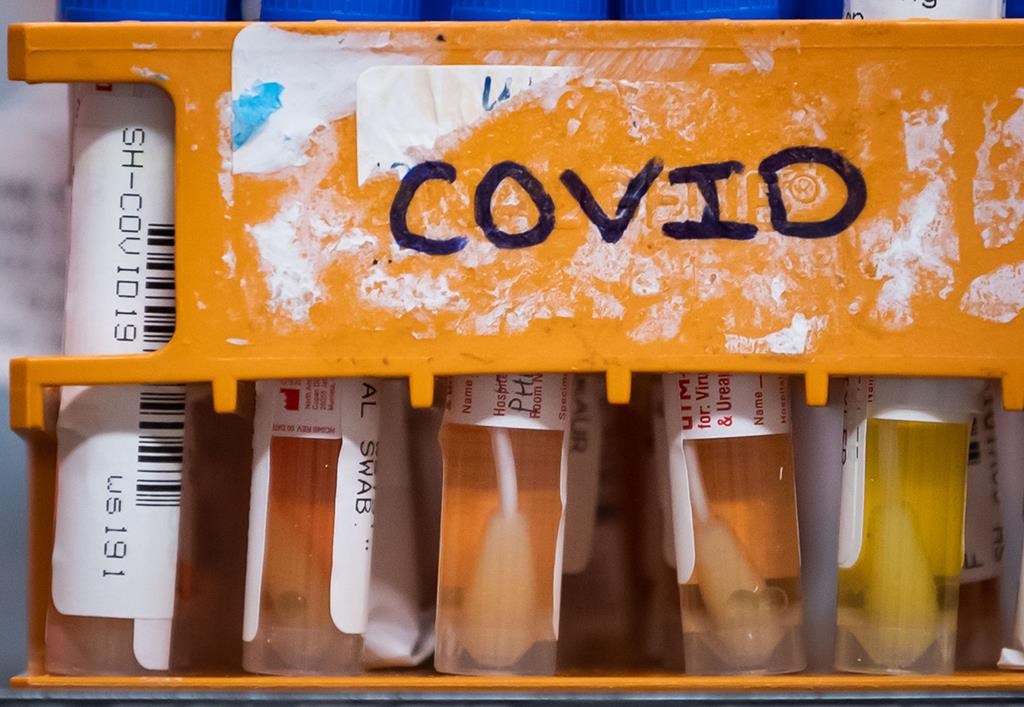The B.C. Supreme Court has thrown out a conviction handed down to a woman accused of yelling and coughing at grocery store workers in Campbell River early in the COVID-19 pandemic.

Kimberly Woolman was originally convicted of causing a disturbance by shouting and assault and handed a sentence of 18 months’ probation.
The incident happened on April 24, 2020, and was captured on video.

According to the ruling by Justice Douglas Thompson, Woolman was “complaining with considerable persistence and vigour” about the store enforcing COVID safety protocols.
At trial, the judge found that in the course of the incident, she shouted at and disturbed employees and customers and that she assaulted one worker by intentionally coughing in their direction and assaulted another by pushing her shopping cart into him.

Get breaking National news
At trial, however, the lower court judge also ruled that Woolman could not call a character witness, finding that the evidence would be irrelevant since Woolman’s identity wasn’t in question in the incident.
Woolman subsequently opted not to testify or call other evidence in the trial.

Thompson ruled this was “not a harmless or minor” error, as a character witness could have altered the court’s perception on whether Woolman was actually shouting or whether she intentionally applied force.
This type of error would typically result in a case being sent back for trial, as there could still be a reasonable possibility of conviction with the additional evidence, Thompson noted.
However, he noted that Thompson had already served about a third of her probation order and exercised his discretion to dismiss the convictions and enter an acquittal instead.
- RCMP respond to reports of guns at schools in several Alberta communities
- Tumbler Ridge student says he doesn’t know how to return to school following mass shooting
- Tumbler Ridge shooting ‘tough to process,’ says community’s MP
- Father of 1999 Alberta school shooting victim talks grieving and forgiveness








Comments
Comments closed.
Due to the sensitive and/or legal subject matter of some of the content on globalnews.ca, we reserve the ability to disable comments from time to time.
Please see our Commenting Policy for more.